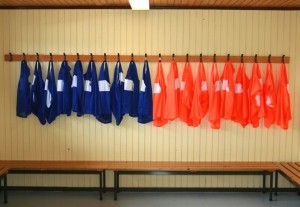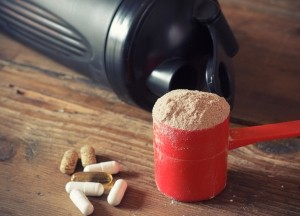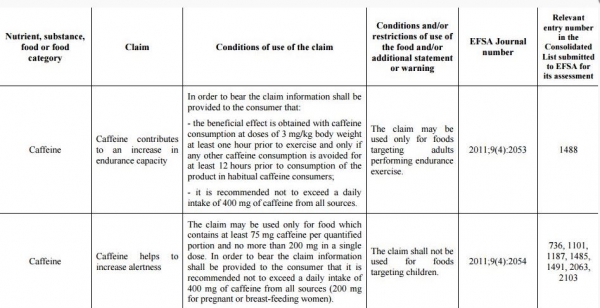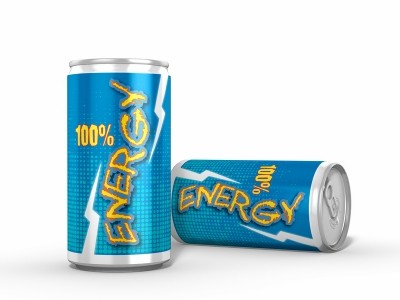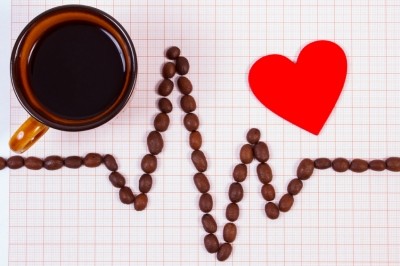“It is effectively the Maria Sharapova problem"
Caffeine abuse common among English Premier League footballers

“We do know that caffeine pills are particularly popular at some Premier League clubs right now,” wrote investigative journalist Miguel Delaney in a piece exploring doping and nutrition practices in football published in the Irish Independent.
The report discusses “the Maria Sharapova problem” where athletes and/or their advisors seek non-prohibited compounds and medications that can deliver performance improvements be it in strength gains, recovery or stamina.
The London-based Irish medical professional in question, Dr Mark Bonar, is alleged to have doped more than 150 elite athletes including footballers, athletes and cyclists over a six-year period, although he denies it. A government investigation has been launched into why UK Anti-Doping (UKAD) did not do more with information it received from a whistleblower about the now-suspended doctor's activities.
In March, tennis player Maria Sharapova publicised an adverse analytical finding (AAF) for a heart medication called meldonium that was banned by the World Anti-Doping Agency (WADA) on January 1 this year.
Its widespread abuse has become evident as Sharapova’s doping positive is just one of about 170 meldonium AAFs so far this year across a multitude of sports and nations. She could be banned for four years although WADA has today indicated some leniency may be given due meldonium possessing an unexpectedly long biological half-life.
“It is effectively the Maria Sharapova problem, of athletes abusing what is allowed until it is disallowed,” Delaney writes.
Caffeine, backed by the European Food Safety Authority (EFSA) to increase alertness, improve concentration and increase endurance performance and capacity, is essentially in the same category even if it is on-market as a food and not a drug.
It was classified as a prohibited performance-enhancing stimulant above a certain concentration by WADA until 2004 but de-classified because of its ubiquity in the food supply and difficulty in enforcing sanctions. But it remains on WADA’s monitoring programme, meaning the stimulant could once again be restricted - as soon as 2017.
"They don't even think about it"
Delaney’s report noted English Premier League soccer players often consumed whatever supplements their club medical and coaching staff advised “without question”.
"They don't even think about it," said an agent to a number of professionals.
It was such trust that recently led to 34 Australian Football League (AFL) players as well as club officials from the Melbourne-based Essendon club being sanctioned for two years for taking a banned peptide (Thymosin Beta-4) distributed by the club’s medical advisor, Stephen Dank.
The 34 players – essentially the club’s whole playing squad – have blamed the club and collectively appealed the Swiss-based Court of Arbitration for Sport (CAS) verdict to Federal Swiss courts.
Other examples of legal substances popular for their performance-enhancing potential include creatine, ketone salts and beetroot.
"Take something innocent like beetroot extract,” said anti-doping expert and WADA-accredited lab official Klaas Faber in the Irish Independent. “It was discovered that it enhances performance, just like [banned blood booster] EPO does, and suddenly all the urine samples started colouring red.
“Why was that? It's just because people want to enhance performance and wait until it's prohibited. Natural substances, if you take them in unnaturally high concentrations like caffeine pills, it's not natural anymore."
A 2014 WADA study found food supplement users were more likely to have a sympathetic attitude to doping or engage in doping whether at a professional or amateur level.
Caffeine claims
Caffeine’s EFSA-backed endurance claims are set to enter EU law books this year and come with recommended usage of consumption one hour before activity; 3 mg/kg body weight and no more than 400 mg per day.
Dr Adam Carey, chair of the European Specialist Sports Nutrition Alliance (ESSNA) previously welcomed the claims as they would “make things a lot clearer for consumers, helping them to find out more information about the products they are purchasing.”
Sports nutrition panel discussion - May 10, Vitafooods Europe, Geneva, Switzerland
NutraIngredients will lead a panel discussion with key sports nutrition segment players on day 1 (May 10) at Vitafoods Europe in Geneva. It kicks off at 11:00 on 'Centre Stage' in the main hall. More on that here.

